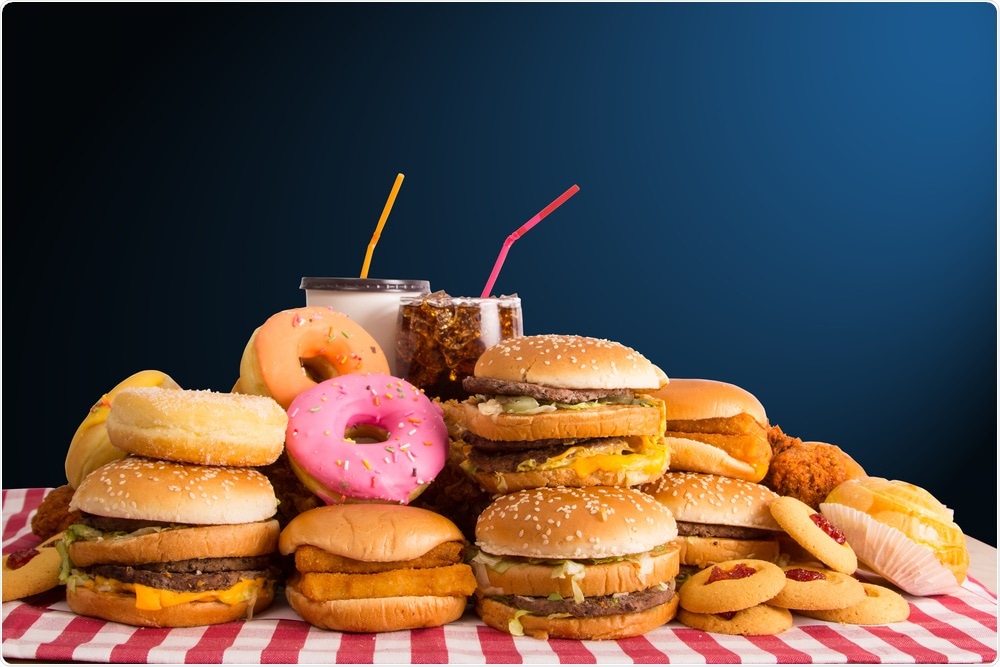A study conducted by researchers at the University of Cologne and collaborators has shown that one night of sleep deprivation can increase the desirability of food.

ShutterOK | Shutterstock
The findings suggest that sleep loss increases the subjective value of food, independently of hormonal effects.
Sleep loss is known to be associated with an increased risk of obesity, but previous research has attributed this weight gain to alterations in endocrine parameters after sleep loss.
However, neuroimaging studies have also demonstrated upregulated neural processing of food rewards following sleep deprivation in reward-processing regions of the brain.
To investigate the contribution of homeostatic versus hedonic factors, Julia Rihm and colleagues investigated the relative contribution of decision-making processes and hormones to the choices people make about food after they have been deprived of sleep.
They rigorously tested the link between sleep deprivation and food cue processing using high-resolution functional magnetic resonance imaging (fMRI) and hormone assessment.
As reported in the journal JNeurosci, Rihm and colleagues recruited 32 lean healthy men and took blood samples from them.
The men then underwent fMRI while they performed a decision-making task involving snacks and trinket rewards after they had either had a full night of sleep or been kept awake in the laboratory.
The team reports that sleep deprivation increased the subjective value of food items, compared with non-food items in a manner that was independent of hormonal effects.
Only participants in the sleep deprivation group were willing to spend more money on food. The neuroimaging fMRI data demonstrated a food reward-specific upregulation of a circuit involving the amygdala and hypothalamus following sleep loss.
The study points to one way that sleep loss may promote overeating and increase obesity risk.
Our results indicate that increased food valuation after sleep loss is due to hedonic rather than hormonal mechanisms.”